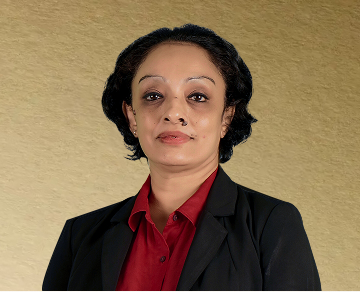

Home 

Capturing the Resilience Dividend
Implementing Partner: Build Change
Project name:Global Infrastructure Resilience Report, First Edition, Chapter 5
This chapter outlines key pathways to enhance infrastructure resilience in LMICs by leveraging the resilience dividend.
It highlights the importance of robust knowledge systems, financial risk metrics, and performance-based standards to reinforce resilience.
Strengthening governance through national policies and resilience funds, alongside market-driven strategies such as project pipelines and innovative financing mechanisms, will help address infrastructure deficits, promote sustainability, and attract private investment to support long-term resilient development in high-risk regions.
https://biennialdigitalreport.cdri.world/capturing-the-resilience-dividend/
investments received by
LMICs in 2021
per capita in Europe than
in Sub-Saharan Africa
Impact
1
Standardized resilience metrics can refine investment strategies, minimizing losses and strengthening infrastructure sustainability in LMICs. By integrating risk-informed benchmarks, countries can enhance decision-making, attract capital, and build long-term resilience against climate and disaster risks.
2
National resilience policies can enhance governance efficiency, ensuring smoother project execution and strengthening resilience across sectors. By integrating risk-informed strategies, countries can drive sustainable infrastructure development and improve adaptive capacity in high-risk regions.
3
Building structured project pipelines can reduce investment risks, incentivizing private capital and accelerating infrastructure development. By enhancing project transparency and predictability, countries can efficiently close infrastructure gaps, strengthen resilience, and support long-term economic growth.




